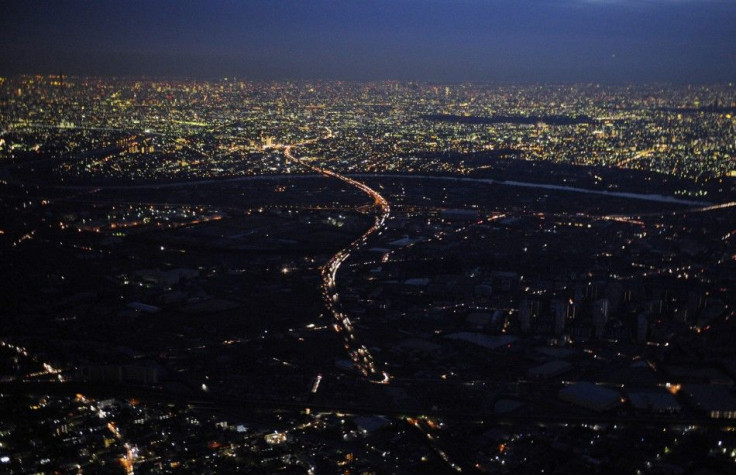Japanese ponder options to cope with energy shortage

The Japanese government said it will unveil a plan by April on how it will cope with an expected energy shortage this summer as a result of the destruction of the nuclear plants in Fukushima following the earthquake-tsunami catastrophe.
According to media reports, officials are considering such options as introducing daylight-saving time and a significant increase in electricity prices, among others.
Chief Cabinet Secretary Yukio Edano said that when electricity demand peaks during the heat and humidity of summer, a shortage of about 10-million kilowatts (or nearly 20 percent of total available capacity) will likely result.
There needs to be a drastic and immediate measure that may affect industrial business activities and people's lifestyles to fill in the gap between supply and demand, Edano said.
The power shortage has already impacted the Kanto region, which includes the huge greater Tokyo metropolitan area as well as seven prefectures.
The manager and operator of the crippled nuclear power plants, Tokyo Electric Power Co. (TEPCO), has commenced with rolling blackouts for the first time ever in order to prevent a more widespread energy shortfall.
The blackouts could last for up to a year, according to a TEPCO official, who spoke to Japanese media.
We will put our heads together to find a way that will not affect the people's lives or Japan's business and economy, and one that will not rely on rolling blackouts, Edano said. But I cannot predict the outcome.
The shutdown of the Fukushima plant and the closure of other nuclear plants are estimated to have reduced TEPCO’s electrical capacity to Tokyo by 30 percent.
The government suggested it may take some other medium- and longer-term measures, including the construction of new thermal power plants, especially in light of the public’s understandable fears of nuclear energy, according to industry and trade minister Banri Kaieda.
If we see a heat wave like last summer's, the [power] gap could reach a maximum of 15 million kilowatts… so we have decided to work out a policy package ahead of the summer peak, he said.
The expected energy shortage will also affect other segments of Japanese society.
The Los Angeles Times reported that the Japanese baseball leagues have pushed back their season start, replaced all night games with day games, and have even eschewed extra innings.
Also, the famous and iconic electronic billboards that light up the Tokyo nights have been turned off. Stores, businesses and factories have either reduced their operating hours or shut down completely.
Many gas stations are closed because they haven’t been able to receive product from damaged refineries. Lines at functioning gas stations are very long.
We are close to getting back to the gasoline capacity we had before the earthquake, but we are hearing demand has been two- to threefold the normal volume, said Takashi Kono of the policy planning division in the natural resources and fuel department at the Ministry of Economy, Trade and Industry, according to the Times.
With that much demand, of course we're looking at a shortage.
© Copyright IBTimes 2024. All rights reserved.











